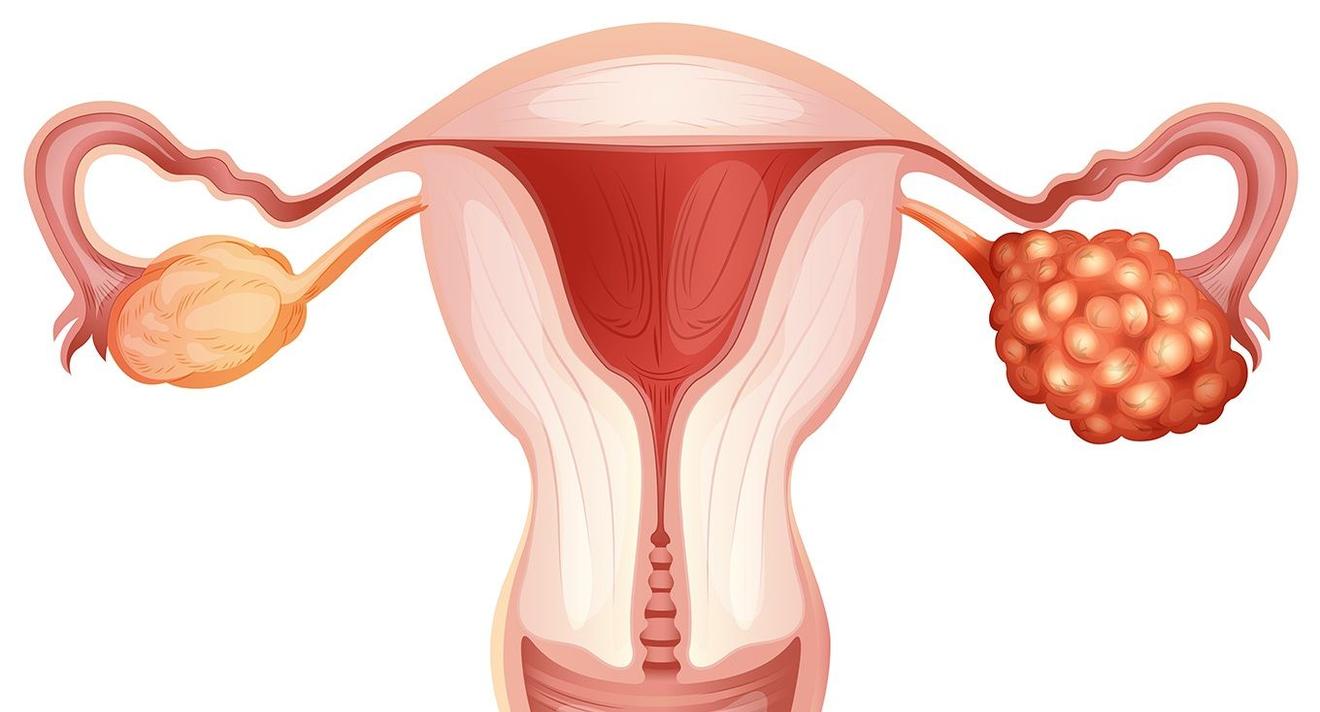UZ Leuven treats approximately 120 patients with newly diagnosed ovarian cancer each year. About 30% of these patients have a BRCA1 or BRCA2 gene mutation in the tumour. Following initial treatment involving an operation and chemotherapy, the as yet not reimbursed maintenance therapy for these patients is based on so-called ‘PARP inhibitors’. They block the natural DNA repair mechanisms in cancer cells, resulting in an accumulation of faults in the DNA so that the tumour stops growing and eventually dies off.
Until recently only patients with a BRCA1 or BRCA2 mutation showed notable results.
The two recent phase 3 studies, referred to as ENGOT-ov26/PRIMA and ENGOT-ov25/PAOLA-1, demonstrated that PARP inhibitors also have a positive impact on the survival rate of patients without BRCA mutations. The PRIMA study corroborated that the PARP inhibitor Niraparib extends disease free survival not only in patients with BRCA mutations, but also in another group of patients with suppressed DNA repair (homologous recombination deficiency). This means that more than half of all patients with ovarian cancer would be suitable for treatment with a PARP inhibitor. The PAOLA-1-study showed that the survival rate in the same patient groups also dramatically increases if the PARP inhibitor Olaparib is combined with a drug that inhibits the formation of blood vessels (Bevacizumab).
Reimbursement to be extended
The side effects of PARP inhibitors were relatively mild and acceptable for all patients, which meant that the therapy was well tolerated. The necessary steps can now be undertaken to extend reimbursement of costs to patients with a new diagnosis of ovarian cancer and a BRCA gene mutation or homologous recombination deficiency.

